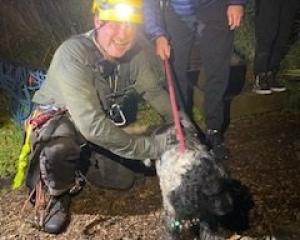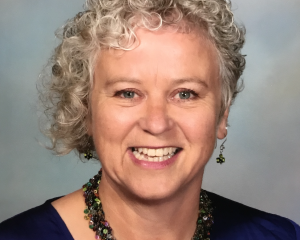The world of teenagers is much more sexualised than many parents and teachers want to believe, a sex education consultant says.
Gayna McConnell has been involved in sex education for nine years and now works with school pupils in Dunedin as a sex education teacher and counsellor.
New Zealand's poor sexual health record and the conservatism around teenagers and sex were linked, she said.
With the increased role of social media in teenagers' lives, the age at which children were being exposed to sexual content was falling, she said.
It was not uncommon for pupils from year 7 (ages 12 and 13) onwards to be receiving or sending up to 25 sexual messages through social media each week, she said.
''It's such a tricky world because we want to trust young people and allow them some freedom, but a lot of stuff goes on without parents even being aware of it,'' Mrs McConnell said.
The best way to keep young teenagers safe was to teach them how to protect themselves from the sexual content they would encounter, which meant being explicit about what they might face.
''Even if your child is young for their year in school and has not developed as quickly as some of the peers, they will still be hearing things from those in their peer groups or classrooms who have developed quickly and may already be experimenting sexually,'' Mrs McConnell said.
For girls it was about teaching them the value of sex and making sure they had the right tools to negotiate situations which might be sexual.
For boys it was about making sure they understood what sex was about and how to respect females sexually, she said.
Boys who attended all-boys schools and did not have much contact with girls seemed to have a different view of sex and females from boys who attended co-ed schools.
''Pupils at single-sex schools were under a lot of perceived pressure to be sexual and there is a lot of gender stereotypes which run through those schools which can lead to unsafe behaviour around sex.''
Young people needed to be taught empathy and respect when it came to sexual partners, but it was tricky because that could not come from teachers.
''If you have a teacher standing up in front of a class trying to teach these issues the kids won't listen because they don't want to be told what to do,'' she said.
Mrs McConnell encouraged parents to be open and explicit with their teenage children about sex.
''Not talking to young people about these things in my view does a lot more harm then talking about it with them and maybe feeling a little embarrassed,'' she said.












